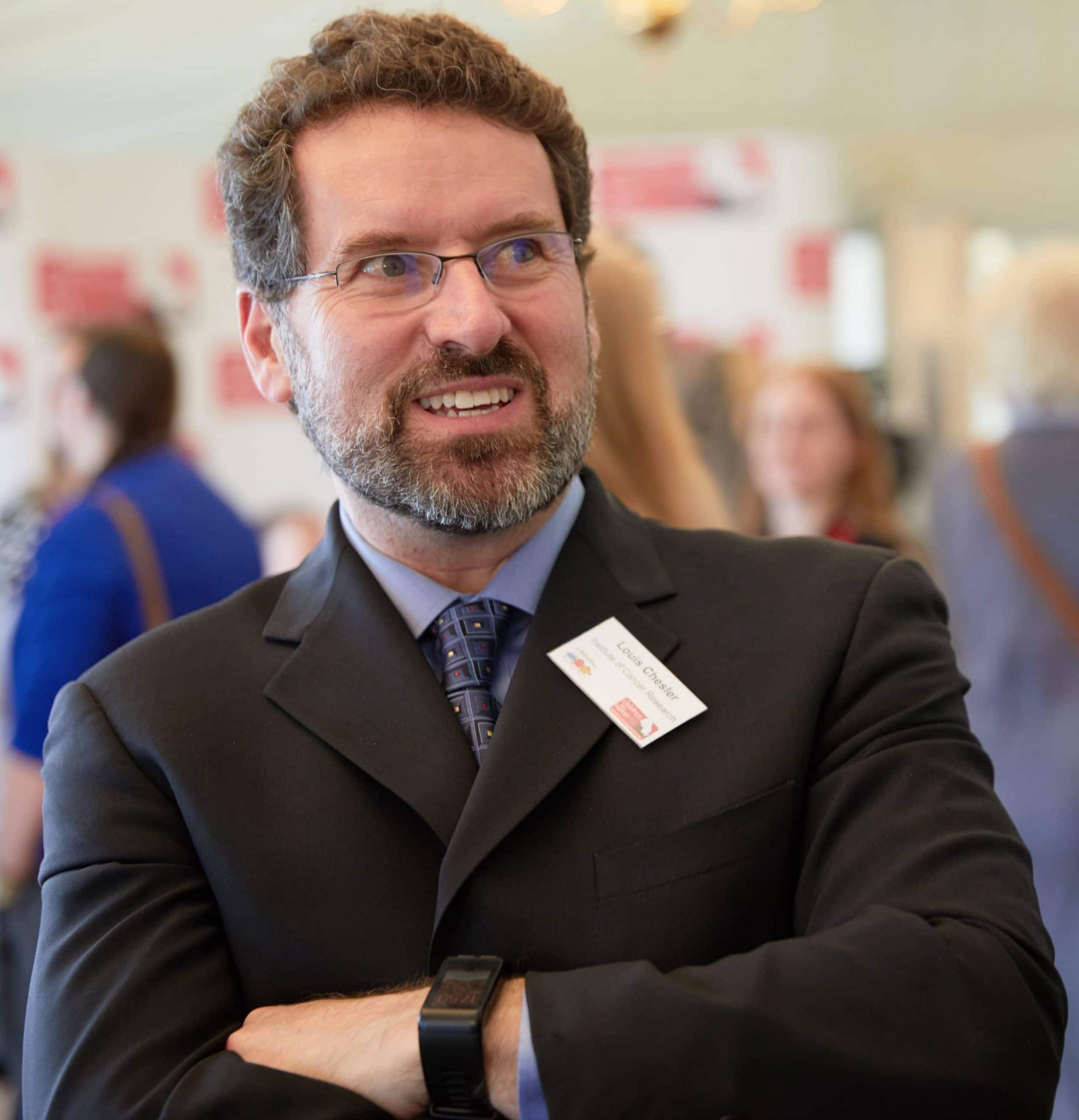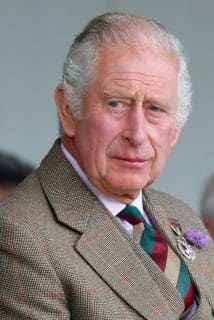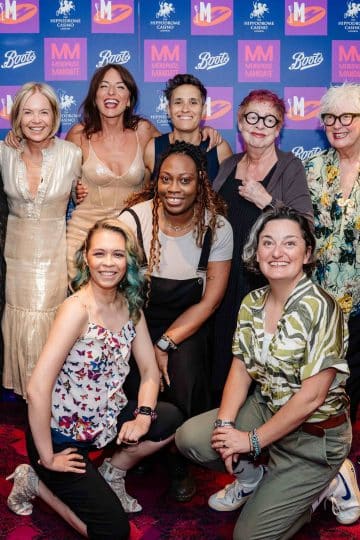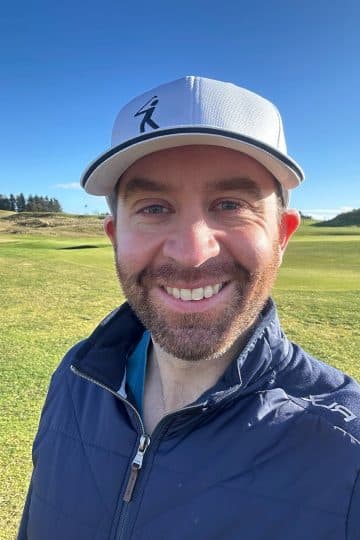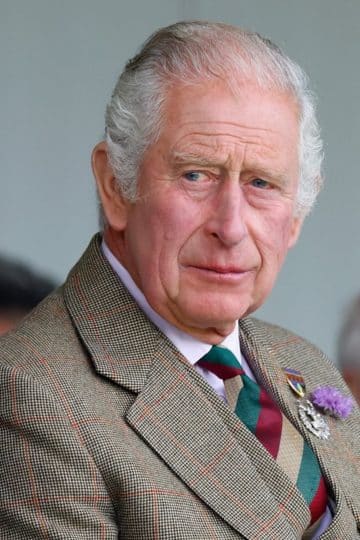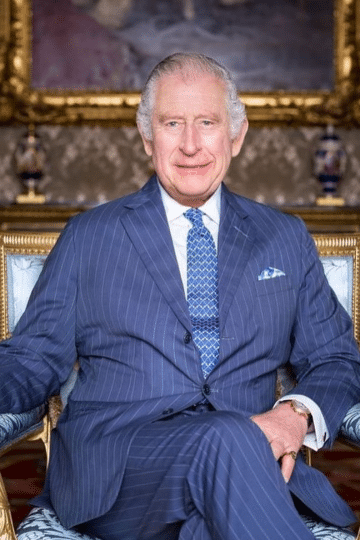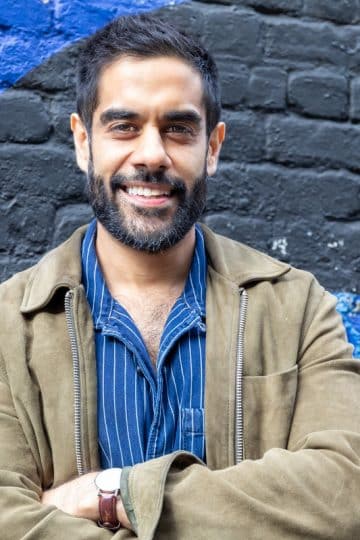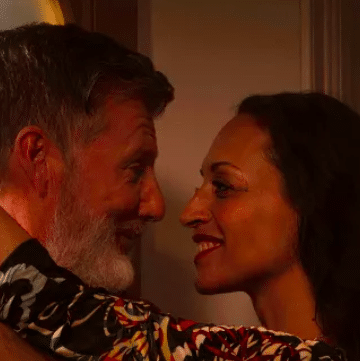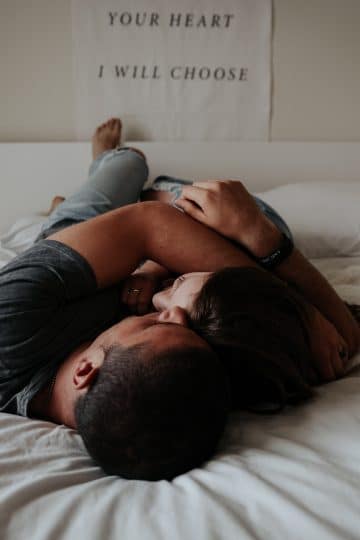“We want to help more children and young people survive cancer”
Health
An interview with Professor Louis Chesler on the last day of Childhood Cancer Awareness month about the work he does in researching this important area.
Professor Louis Chesler researches new drugs for children’s cancers at The Institute of Cancer Research, London, and is an Honorary Consultant in Children’s Cancers at The Royal Marsden NHS Foundation Trust. As September marks Childhood Cancer Awareness Month, we chatted to Lou about his experiences of working in the field of children’s cancers.
I first started researching children’s cancers after medical school. Following my general medical training, I started thinking more about how cancer develops and how fascinating it is. The idea that cells’ normal growth and development can get interrupted and change to form a tumour really interested me. Both my parents are doctors (one was a children’s doctor and the other was a cardiologist who also did research) so I guess you can say it ran in the family. After medical school, I did a PhD in the science of cancer biology. Throughout the whole process, I had amazing mentors, who inspired me.
I enjoyed my PhD and training, but it’s not for everyone. It’s a long and difficult path – I didn’t get a proper job until I was 43! Because it’s so difficult, we are currently spending lots of time thinking about how to make this career easier for young researchers and clinicians so that they can focus their work on children’s cancers. We want to ensure that new talent is constantly coming through, so we’ve always got people working to help more children and young people survive cancer.
My research focuses on solid tumours in children like neuroblastoma (a type of nerve tumour) and medulloblastoma (a type of brain tumour). In particular, I’m working to understand why tumours develop in the first place, how their development can be blocked with treatments and why, in many cases, they come back, spread or stop responding to treatment. When this happens, cancer is usually harder to treat, and we tend to have fewer treatment options.
As well as research, I spend one day a week in hospital treating children whose cancer has come back and developing new clinical trials that stem from work in labs. The trials aim to give these children the new treatment options they urgently need.
That’s part of the reason I’m excited about the Cancer Research UK for Children & Young People research strategy. They’ve acknowledged the need for new, better treatments with fewer long-term side effects. Our ultimate goal is that every young person diagnosed with cancer survives their disease with a good quality of life and this strategy will help us achieve it.
There are obviously sad parts to my job. It’s hard not to get attached to patients and frequently in my career I have attended funerals, which is a heart-breaking part of the job. But there are lots of lovely stories too. Like the time I surprised some of the children in the hospital by secretly arranging for the Blue Angels (US version of the Red Arrows) to fly past their ward. I nearly got fired but it was amazing to see their excited faces up against the window!
The job gives me a tremendous sense of pride in giving something back to children. It can be stressful, but it’s full of proud moments. I can’t describe the feeling I get when I see a treatment I’ve helped develop go on to be tested in a clinical trial. Watching the first patient being treated and responding well is so satisfying. I remember a six-year-old girl who took part in a Cancer Research UK-supported clinical trial I was working on – she was treated with a new drug that worked for her – she’s now 14 with no side effects, which is amazing.
I try and keep my work life separate to my personal life as much as possible. I have two children (two girls under ten) who definitely help me switch off! They help maintain my perspective, and I spend as much time with them as possible. We love going cycling in the forest! Being a doctor has made me appreciate how wonderful it is to have healthy children, although it does sometimes cloud my judgement. I once took one of my daughters into hospital because of a limp which I assumed was something awful. I made the doctors run tests they’d never heard of, but luckily, nothing was seriously wrong! Since then, I leave anything to do with their health to their mother, who has more reasonable perspective!
My dream for the future is that we see amazing advances in children’s cancers. I would love to see a UK centre of excellence, where all the best researchers and doctors from different areas of research and medicine come together in one place. Doing this would allow us to apply our combined knowledge and all the new things that we are working on to help those children and young people with cancer who need it most.
Lou is supporting Cancer Research UK for Children & Young People, supported by TK Maxx, during Childhood Cancer Awareness Month this September. To find out how to support research to help more people aged 0-24 survive cancer with a good quality of life, visit cruk.org/childrenandyoungpeople
Trending

Join The Book of Man
Sign up to our daily newsletters to join the frontline of the revolution in masculinity.




